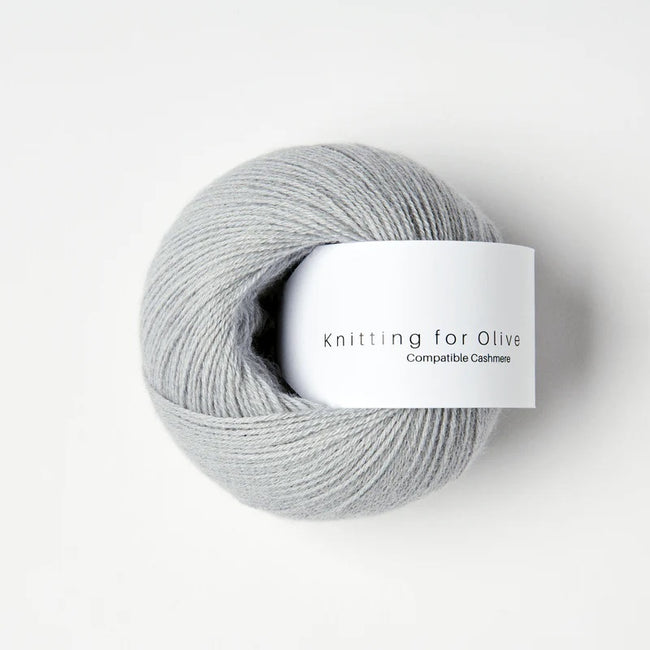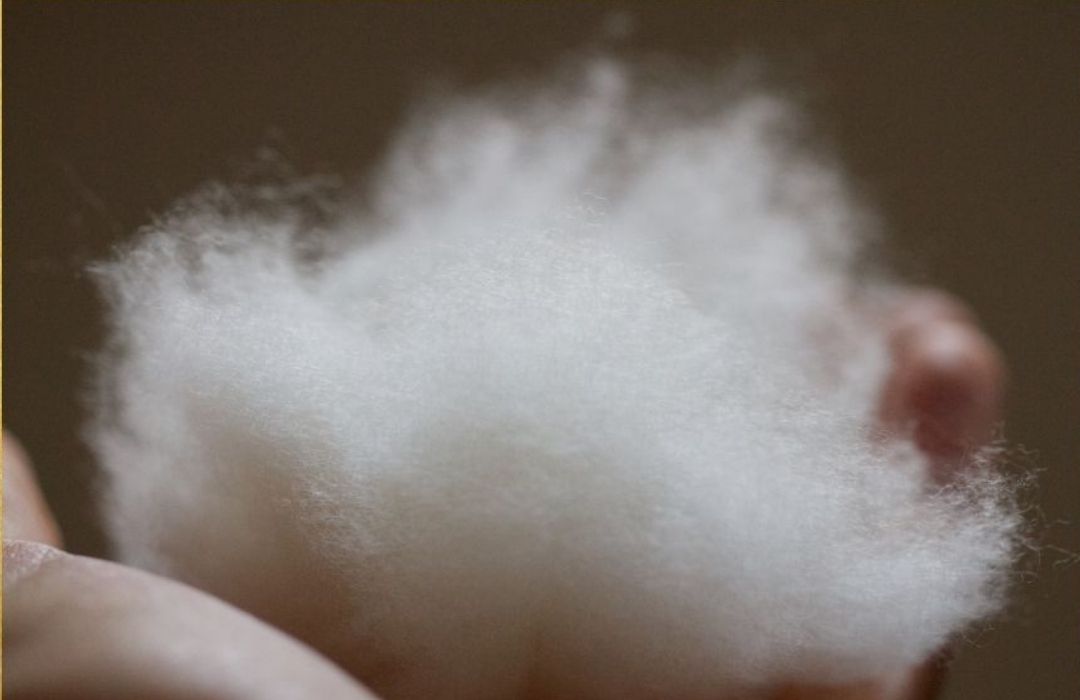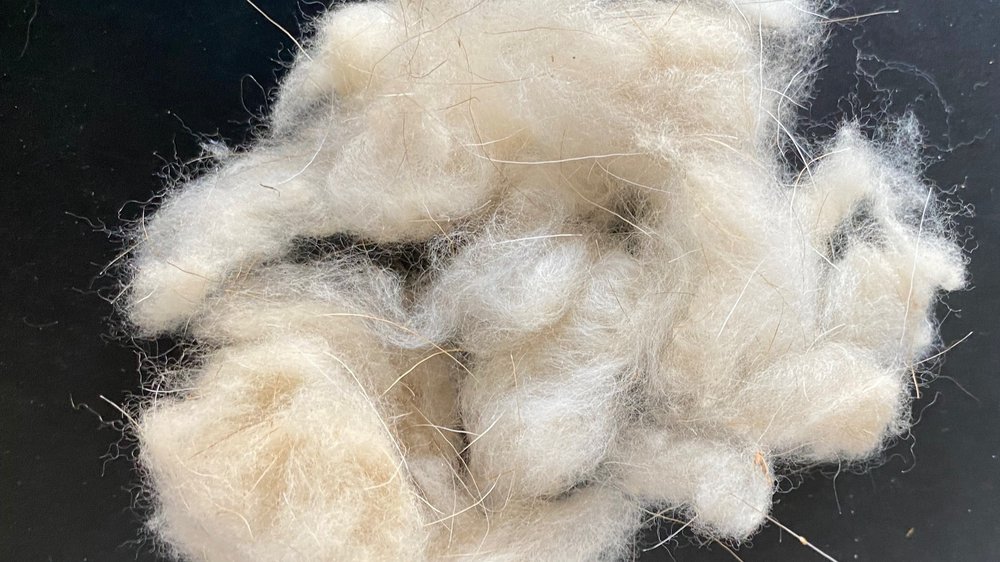Understanding the Various Kinds Of Cashmere a Natural Fiber and Their One-of-a-kind Benefits

The Origins of Cashmere: A Historic Review
While the glamorous touch of cashmere proceeds to beauty contemporary consumers, its origins map back to the rough, chilly climates of Mongolia and the Himalayas. For centuries, the native individuals of these areas have actually been increasing Capra Hircus goats, the prime resource of cashmere wool. These goats, resilient versus the serious winters months, grew a fine undercoat to endure, which later on became known as cashmere.

The Production Refine: From Goat to Garment
Shearing a Capra Hircus goat marks the beginning of the elaborate cashmere production process. This fragile procedure generally occurs yearly throughout springtime. The penalty, soft undercoat is after that separated from the coarser outer hair, a procedure referred to as dehairing. The resultant raw cashmere is then washed to remove pollutants such as dust, oil, and veggie matter.
The clean fiber undergoes dyeing, spinning, and weaving, or knitting, to transform it into a fabric. Complex treatments such as quality control checks and finishing processes follow, making sure completion item keeps the luxurious standard anticipated of cashmere. This meticulous process, from goat to garment, warrants the high expense connected to cashmere products, making them an icon of deluxe and refinement.
The Various Kinds Of Cashmere: A Comprehensive Analysis

The Distinct Advantages of Cashmere: Convenience and Sustainability
Relocating from the variety of cashmere types to the benefits they offer, comfort and sustainability stand out plainly. Cashmere, a natural fiber, is renowned for its exceptional gentleness, providing a degree of comfort that synthetic fibers can't match. The product's lightness, yet like this impressive heat retention, makes it optimal for all seasons. Cashmere's natural flexibility permits it to return to its original form, making it resistant to extending or diminishing.
When it involves sustainability, cashmere is renewable and eco-friendly, as it's collected from cashmere goats that regrow their coats every year. what is cashmere. Unlike artificial fibers which can take centuries to decompose, cashmere's effect on the setting is minimal. This combination of convenience and sustainability makes cashmere a beneficial selection for aware consumers

Taking Care Of Your Cashmere: Maintenance and Conservation Tips
While cashmere is undoubtedly a lasting and luxurious choice, it needs details like keep its top quality and extend its lifespan. To begin, cashmere must be hand washed using chilly water and a moderate cleaning agent. Avoid turning or wringing the garment as it can damage the fibers. Instead, gently eject excess water and lay it level on a towel to dry. Furthermore, cashmere items need to be kept in a completely dry and amazing area, far from direct sunlight and moisture. Using moth repellents can protect these garments from potential damages. Last but not least, it's suggested to stay clear of hanging cashmere to stop extending. Rather, fold and store them correctly to keep their shape and top quality over time.
Investing in Cashmere: Recognizing Its Worth and Well Worth
Although cashmere might initially appear like an expensive investment, its long-lasting value and worth come to be apparent when you consider its amazing top qualities. Known for its unparalleled gentleness and important source heat, cashmere is a costs natural fiber that outperforms various other products. Investing in cashmere, as a result, is not just about present style fads, yet about accepting a lasting, long-lasting, and glamorous lifestyle.
Verdict
In recap, the kind of cashmere one selects, be it Mongolian, Chinese, or Italian, is dictated by specific choices for heat, sustainability, budget plan, and luxury. Comprehending the beginnings, production procedure, and unique benefits of different types of cashmere can lead customers in their investment in this lavish try this natural fiber.
Whether it's the extraordinary warmth of Mongolian cashmere, the cost of Chinese cashmere, or the eco-conscious production of Italian cashmere, there's a tale to be uncovered behind each fiber kind. Cashmere, an all-natural fiber, is renowned for its exceptional softness, giving a degree of convenience that artificial fibers can not match.When it comes to sustainability, cashmere is eco-friendly and naturally degradable, as it's gathered from cashmere goats that regrow their layers every year. Known for its unparalleled softness and heat, cashmere is a premium natural fiber that outperforms various other materials. Recognizing the beginnings, production procedure, and special benefits of various types of cashmere can lead customers in their financial investment in this glamorous natural fiber.